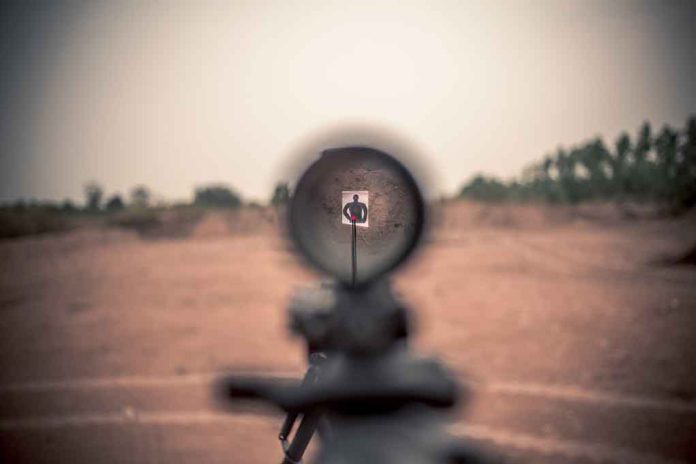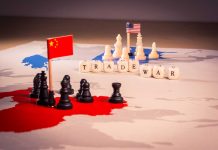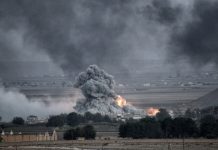
Russia’s legal pursuit of journalists covering the Ukraine war signals an alarming trend towards media repression.
At a Glance
- Crackdown on independent journalism since Russia’s 2022 invasion of Ukraine.
- Laws designating journalists as “foreign agents” and criminalizing “fake” information.
- Documentary “Putin vs. the Press” highlights media censorship and shutdowns.
- Russia’s rankings in the World Press Freedom Index have plummeted.
- More than 43 journalists killed since Putin’s rise to power.
Russia’s Aggressive Moves Against the Press
Since the Russian invasion of Ukraine in February 2022, there’s been a stark escalation in the crackdown on independent journalists. Recent moves by the Kremlin to initiate legal action against those who report on the war further stifle free press.
Many journalists have already been branded as “foreign agents,” a designation that severely hampers their ability to work. This is all aimed at controlling the narrative around its military actions.
This ongoing repression is evident from the Russian government declaring around 300 journalists and media outlets as “foreign agents” since 2022. Such actions expressly tarnish their credibility and endanger their lives.
The infamous “foreign agents” law has been expanded to label inconvenient narratives as “fake news.” Unsurprisingly, this bears chilling similarities to George Orwell’s dystopian vision. Independent entities like Novaya Gazeta and TV Rain have seen severe shutdowns and censorship attempts. This level of intimidation echoes back to Soviet-era tactics.
Threats to Life and Liberty
The numbers speak volumes: 43 journalists have been murdered since Vladimir Putin took power. This is not just a number but a testament to how far the Russian administration is willing to go to mute dissent. Notable figures like Anna Politkovskaya, murdered in 2006, symbolize the dire consequences of reporting against the state. Even now, many journalist killings remain unsolved, contributing to the stifling atmosphere for any free press initiative.
The fear is not just within Russia. Foreign journalists are not spared, with The Wall Street Journal reporter Evan Gershkovich arrested on false espionage charges. Such actions aren’t merely suppressive but aggressively discourage truth-telling, crucial during global conflicts. The Russian government criminalizes accurate reporting and casts it as “fake news,” punishable by up to 15 years in prison.
International Press Freedom Takes a Hit
The deteriorating state of press freedom in Russia also spells trouble for global standards. A report by the International Press Institute documents close to 1,000 attacks on media related to Russia’s war on Ukraine. These assaults paint a grim picture of a world where government influence extends across borders, intimidating global reporting on Russia’s misdeeds. This isn’t just a Russian issue but a significant concern for countries valuing free speech and democracy.
The chilling effects are already evident, with social media platforms like Facebook, Instagram, and Twitter facing restrictions, and over a million internet sites being blocked. This relentless crackdown has forced over 300 independent journalists to flee Russia between February and October 2022 alone.






















